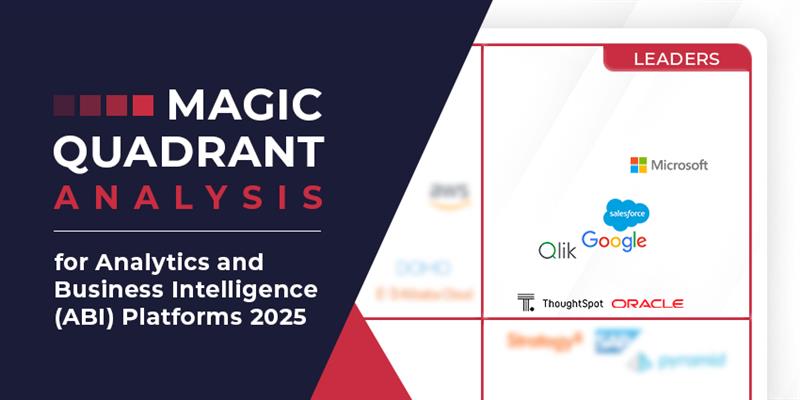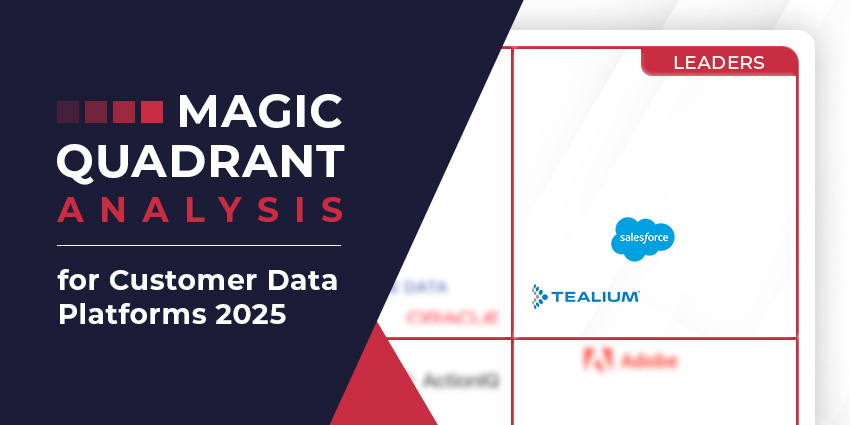Today’s businesses increasingly rely on various digital tools designed to enhance productivity, accelerate performance, and increase efficiency. ERP, or Enterprise Resource Planning tools, are just one of the core technologies modern companies use in virtually every industry.
An “ERP” system provides companies with the tools to manage day-to-day business operations like procurement, accounting, compliance, project management, and supply chain operations. Essentially, these tools give organizations an effective way of working and distributing crucial resources across the enterprise.
For years, ERP solutions have been considered a fundamental tool for enhancing productivity, business performance, and cost savings. The market for ERP technology is growing towards an expected value of around $90.63 billion by 2029.
But what are the core benefits of an ERP system, and why should companies use these tools?
What Are the Core Benefits of ERP Software?
ERP solutions streamline business operations, coming in various shapes and sizes to suit different brands.
While ERP systems have traditionally been used most often in the manufacturing landscape and by much larger companies, they have benefits to offer virtually every enterprise.
The primary benefits of ERP software include the following:
1. Increased Data Security
For every business, data is an essential and powerful resource. It’s crucial to making the best business decisions and generating rapid growth. ERP software can help to protect this vital asset by storing endless pieces of critical information in one place rather than spreading it across multiple systems with various levels of security.
Companies can store their data in a single repository, either on-premises or in the cloud, and improve regulatory compliance. Business leaders may also use access controls to determine who has access to which pieces of information at any given time, reducing data leaks.
2. Enterprise Automation
ERP can improve business productivity in a multitude of different ways. The automation of repetitive, manual tasks is an excellent example. It frees employees to focus on more “value-added tasks.”
Furthermore, by creating a central repository of information accessible by all departments, ERP makes it easier to find critical data.
ERP systems also enable standardized organizational workflows, which help guide employees through the various tasks they must complete each day in a clear, step-by-step format. Not only does this improve productivity and eliminate confusion, but it can also eradicate discrepancies and ensure every team member follows the same best practices.
3. Greater Organization Visibility and Efficiency
A core benefit of an ERP system is the ability to provide companies with better visibility into the various aspects of the business and its operations. Integrated information from all departments is consolidated into a single source, making it easier to view end-to-end productivity pathways. Additionally, this combined data helps to improve the quality of the information available to business leaders, giving them greater context.
Visibility into the status of various business processes will also help teams to adhere to deadlines and recognize potential bottlenecks which could be holding the business back. ERP systems provide instant insights into potential problems with efficiency and productivity so that companies can make more intelligent decisions for growth.
4. Enhanced Flexibility
Like many technology solutions in the modern world, ERP systems are increasingly shifting toward the cloud environment. This unlocks opportunities for greater flexibility in the workplace. Cloud ERP systems enable workers to operate remotely without compromising access to crucial data. An ERP system can also accommodate more users and features as the business expands.
A business can start small with essential ERP resources to help them track important accounting and supply chain management strategies, then gradually progress to unlock new functionality.
Finally, it is possible to design ERP solutions to suit the needs of specific businesses. For instance, there are technologies specially created for those in the manufacturing or financial sectors.
5. Cost Savings
One of the main reasons many companies consider investing in ERP systems is that they have the potential to save the organization significant money. ERP solutions can cut costs in a range of different areas. As mentioned above, repetitive tasks can be automated, which reduces the need for the business to hire additional personnel to handle manual jobs.
At the same time, the insights offered by ERP software can provide companies with valuable insights into where they could be losing out on opportunities. Business leaders can quickly identify areas where they’re spending the most money and generating the least return. Some ERP solutions even come with AI analytical tools that can offer advice to improve ROI.
6. More Detailed Reporting and Analytics
Access to advanced reports and analytics is one of the most immediate benefits companies can access with ERP systems. Most modern tools may create custom reports for tracking metrics across all business functions, from procurement to sales and marketing. Business leaders can even compare the performance of different departments when looking at specific KPIs.
Because ERP systems collect data from all over the business to generate reports, they may provide access to relevant real-time and historical data in the same place. Users can track sales numbers as they evolve or look into historical trends to make better decisions.
Moreover, many ERP solutions come with forecasting tools that allow businesses to predict their ongoing performance in terms of productivity, cost savings, and more.
7. Additional Customer Context for Service Teams
ERP systems can be an excellent way for businesses to stay one step ahead of the competition when offering exceptional customer experiences. An ERP can pull customer information such as contact details, support cases, and order history into the same place, allowing for the creation of complete customer profiles. These profiles then assist agents and business leaders in delivering more personalized service to each customer.
ERP solutions can also improve customer service by giving employees access to more accurate real-time data on inventory, supply chains, and other factors. This means staff can provide consumers with accurate updates on their orders and stock changes.
Uncover which technology vendors lead the ERP space by reading our article: Gartner Magic Quadrant for Cloud ERP for Product-Centric Enterprises 2022







